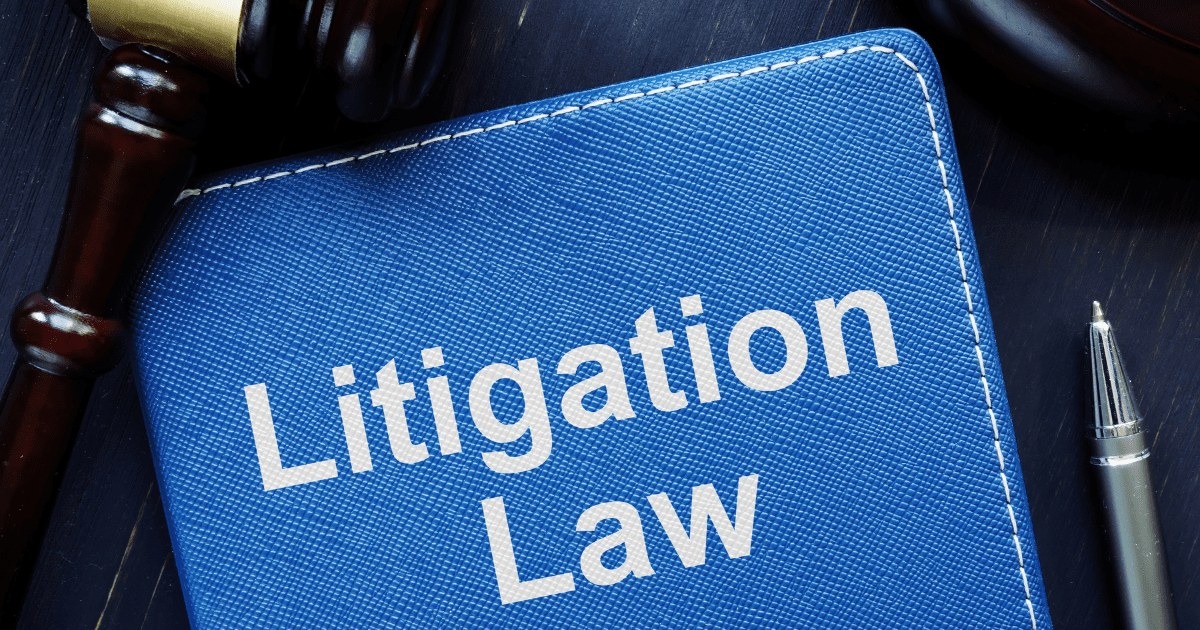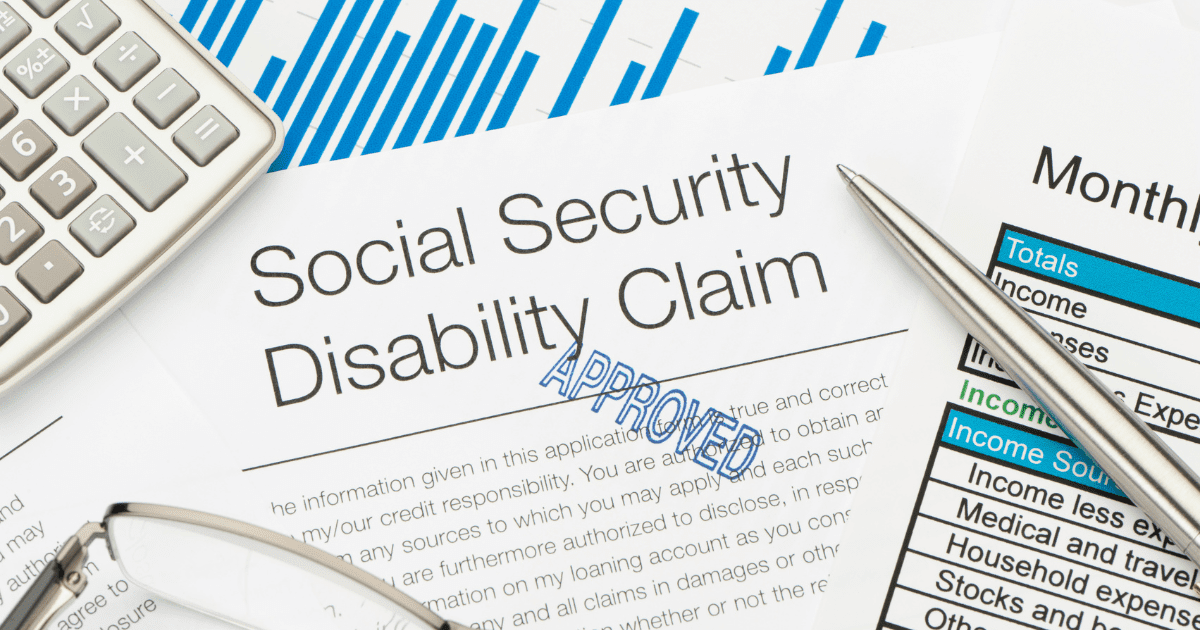Divorce often means custody battles, which can harm children and shouldn’t be taken lightly. The following tips from family law experts will help you learn how to protect your child from the harm and turmoil of custody disputes, so you can ensure your child’s emotional and mental well-being are protected during and after your divorce.
How Children Are Affected by Divorce
Children are directly affected by divorce. They are not just bystanders, as studies have shown that children of divorce can exhibit emotional, behavioral, and cognitive changes. They may also experience depression and even engage in self-harming behaviors, affecting their physical and mental health. During the custody battle, it’s hard to see past your point of view and consider how your decisions might affect children in years to come. But doing so will help make sure you’re approaching any custody dispute from a place that puts your children first.
Separating Your Child’s Life From Their Parents’ Battles
There is a huge amount of pressure on children during a divorce. It is important to acknowledge and spend time with your child during this time to keep their life as normal as possible and ensure that they are happy throughout their parents’ breakup. By doing so, your child will feel better about your divorce, less confused about it, and more involved in what happens with both you and your ex-spouse moving forward. To make sure that you are spending time with your child after a divorce, be sure to communicate openly with them while keeping discussions positive and uplifting. If you know there will be many problems with having an uninvolved or potentially harmful parent in your child’s life, then taking legal action against them can also help protect your child when you are not around. You might want to look into modifying custody orders or find ways to put supervision measures into place that help protect your kids. Another way that has proven effective in protecting kids during custody battles involves setting guidelines for visitation rights between parents and children beforehand. Hence, everyone knows what’s allowed and what isn’t whenever there’s a disagreement.
The Role of the Courts in Dealing With Disputes Between Parents Over Custody
The court will protect the child during divorce by ensuring that the child is taken care of in every aspect. There are many ways to do so, but each depends on the specific circumstances surrounding your case. If you are considering a divorce or have been through one and custody arrangements were made, there is no doubt that your child is at the forefront of your mind. By becoming involved early on with how divorce will affect your child, both parties can focus all their energy on determining what is best for them. You can work together toward common goals like ensuring that your child has access to both parents, minimizing disruptions in their life, creating consistency for them, and allowing them to maintain their daily routines as much as possible.
What Are Some Best Practices For Working Together?
It can be hard to have a civil conversation with your child’s other parent, let alone work together as parents. However, working together is necessary for the well-being of your child. When it comes to tasks like picking up your child and dropping them off, it might be best if both parents participate. Agreeing on a set day and time that works for both parents helps create an easy flow throughout the week.
No one is in their child’s corner more than you. You must remember that your child did not ask for a divorce or for their parents to split up. How you handle yourself when dealing with a custody battle will greatly impact your child—not just immediately but in future relationships as well. So, don’t let anger cloud your judgment, and be sure to think things through before saying anything you might regret later on.
If you are considering filing for divorce or have further questions regarding this issue, please contact Logan-Thompson, P.C. at 423-476-2251 or go to loganthompsonlaw.com.


















